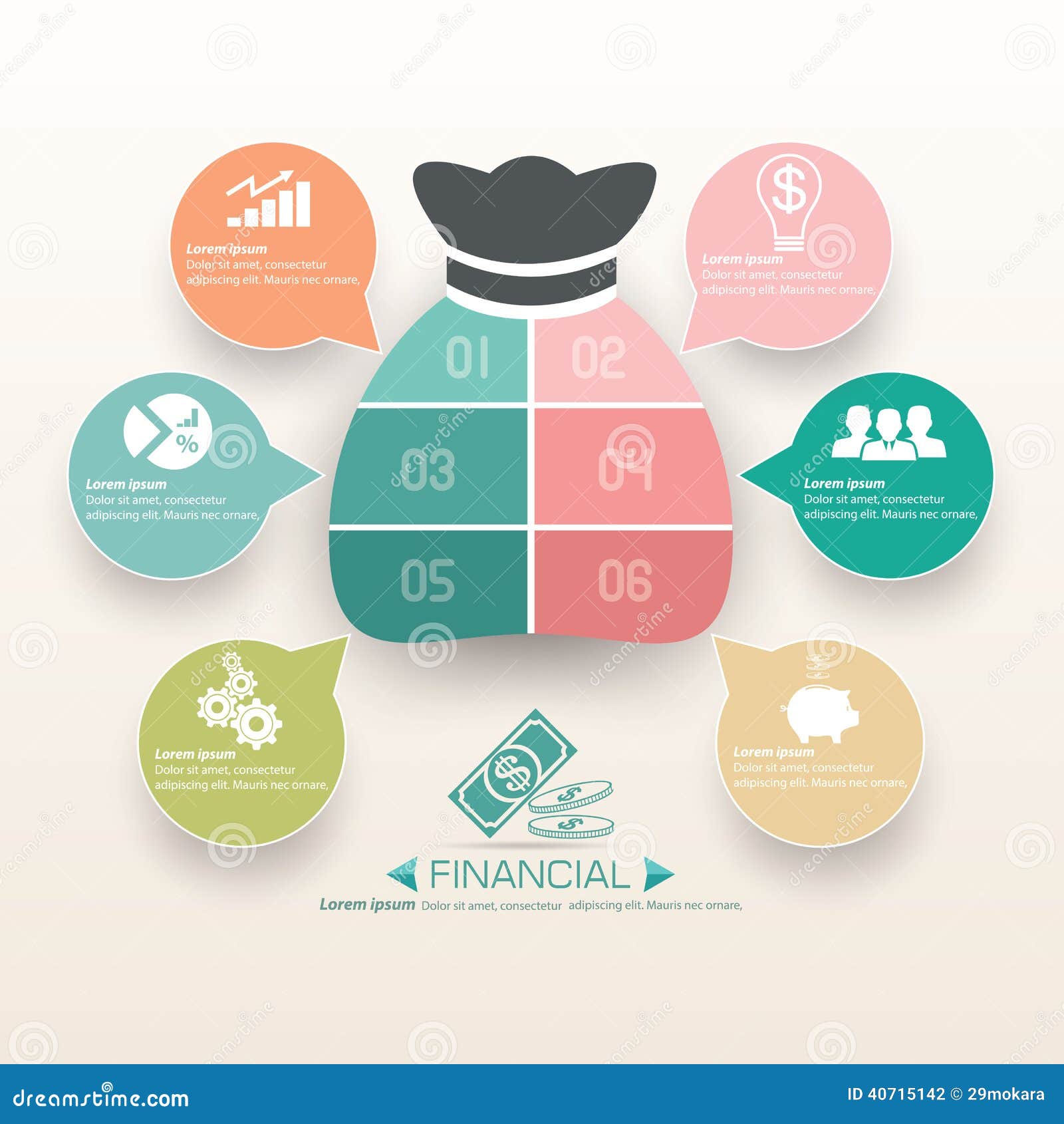Discover The Hidden Prices And Consequences Of Back-Pedaling An Efficiency Bond, And Find Out Why It's Crucial To Prevent This Costly Misstep
Discover The Hidden Prices And Consequences Of Back-Pedaling An Efficiency Bond, And Find Out Why It's Crucial To Prevent This Costly Misstep
Blog Article
Material Composed By-
When a surety concerns an efficiency bond, it assures that the principal (the event who acquires the bond) will accomplish their commitments under the bond's terms. If the principal falls short to fulfill these obligations and defaults on the bond, the guaranty is in charge of covering any kind of losses or damages that result.
1. Loss of reputation: Back-pedaling a performance bond can damage the principal's online reputation and reputation, making it more difficult to protect future company or financing.
2. Legal and administrative prices: The guaranty may need to pay legal and management costs connected with seeking the principal for damages or trying to correct the circumstance.
3. Monetary losses: The guaranty may need to cover the price of finishing the project or giving the services that the principal failed to provide. This can lead to significant economic losses for the guaranty.
4. Raised premiums: If the principal has a history of defaulting on efficiency bonds, they may be required to pay higher costs in the future to get the necessary bonding.
Overall, back-pedaling an efficiency bond can have significant financial consequences for both the principal and the surety. It's important for principals to very carefully consider their obligations and ensure they have the ability to meet the regards to the bond to prevent these negative end results.
Back-pedaling a performance bond can be a costly error for companies. When probate bond cost fall short to meet the bond's commitments, the financial effects can be significant. From paying the full bond amount to possible legal battles and harmed relationships, the consequences can reverberate throughout your service procedures. Understanding the elaborate web of financial effects that back-pedaling a performance bond can have is essential for safeguarding your firm's financial health and credibility.
Financial Penalties for Defaulting
If you back-pedal a performance bond, you'll likely deal with substantial punitive damages. These penalties can differ relying on the regards to the bond arrangement however frequently entail paying the bond quantity completely to the obligee. This means that if you stop working to meet your legal obligations, you must pay the bond amount to the task owner or the entity that called for the bond.
Additionally, you might likewise be responsible for any kind of added costs incurred by the obligee because of your default, such as finding a replacement service provider or covering task hold-ups.
https://raymondtkbqh.blogitright.com/33381694/understanding-surety-contract-bonds-what-you-required-to-know on a performance bond can likewise cause legal costs and court prices if the obligee determines to take lawsuit against you to recuperate the bond amount. These expenditures can swiftly accumulate, additional aggravating the economic influence of your default. It's vital to carefully assess and understand the terms of the performance bond to avoid these serious financial penalties.
Influence On Service Cash Flow
Back-pedaling an efficiency bond can dramatically influence your business capital, affecting monetary stability and operational capacities. When you default on a performance bond, you risk shedding the bond amount, which can be a significant amount. This loss straight affects your capital, as you'll need to find alternative resources of moneying to cover the bond quantity. Additionally, defaulting can cause boosted scrutiny from guaranties, making it more challenging and more expensive to safeguard bonds in the future. This can even more strain your cash flow as you may require to assign additional resources to fulfill bonding needs.
what is bond in business on your cash flow doesn't quit there. Defaulting on an efficiency bond can likewise result in project delays or cancellations, causing a loss of revenue. Furthermore, the unfavorable track record that features skipping can hinder prospective customers, better lowering your cash flow. Generally, back-pedaling an efficiency bond can have detrimental results on your company's financial health and ability to run smoothly.
Lawful Implications and Claims
Dealing with lawful ramifications and possible legal actions due to defaulting on a performance bond can considerably influence your service's credibility and financial standing. When you default on a performance bond, the surety company might take lawsuit to recoup the bond quantity paid. This might result in pricey legal costs, court expenditures, and potential negotiations or judgments versus your organization.
Moreover, back-pedaling a performance bond may bring about damaged partnerships with clients, subcontractors, and distributors, influencing your capability to secure future agreements. Claims occurring from bond defaults can tarnish your business's integrity in the sector, making it testing to bring in brand-new companions or customers.
Furthermore, if the default leads to a court judgment versus your business, it could result in possession seizure or liens, better straining your financial security. Consequently, it's crucial to comprehend the legal effects of defaulting on an efficiency bond and take aggressive steps to alleviate the risks included.
Verdict
As you deal with the consequences of defaulting on an efficiency bond, remember this: it's like walking a tightrope without a safety net. One incorrect relocation can send you plummeting into an economic freefall, without way to stop the loss.
performance bond vs payment bond , capital effect, and legal implications are all waiting to capture you if you slip up. So walk thoroughly, and always recognize your dedications to prevent the extreme consequences of default.
